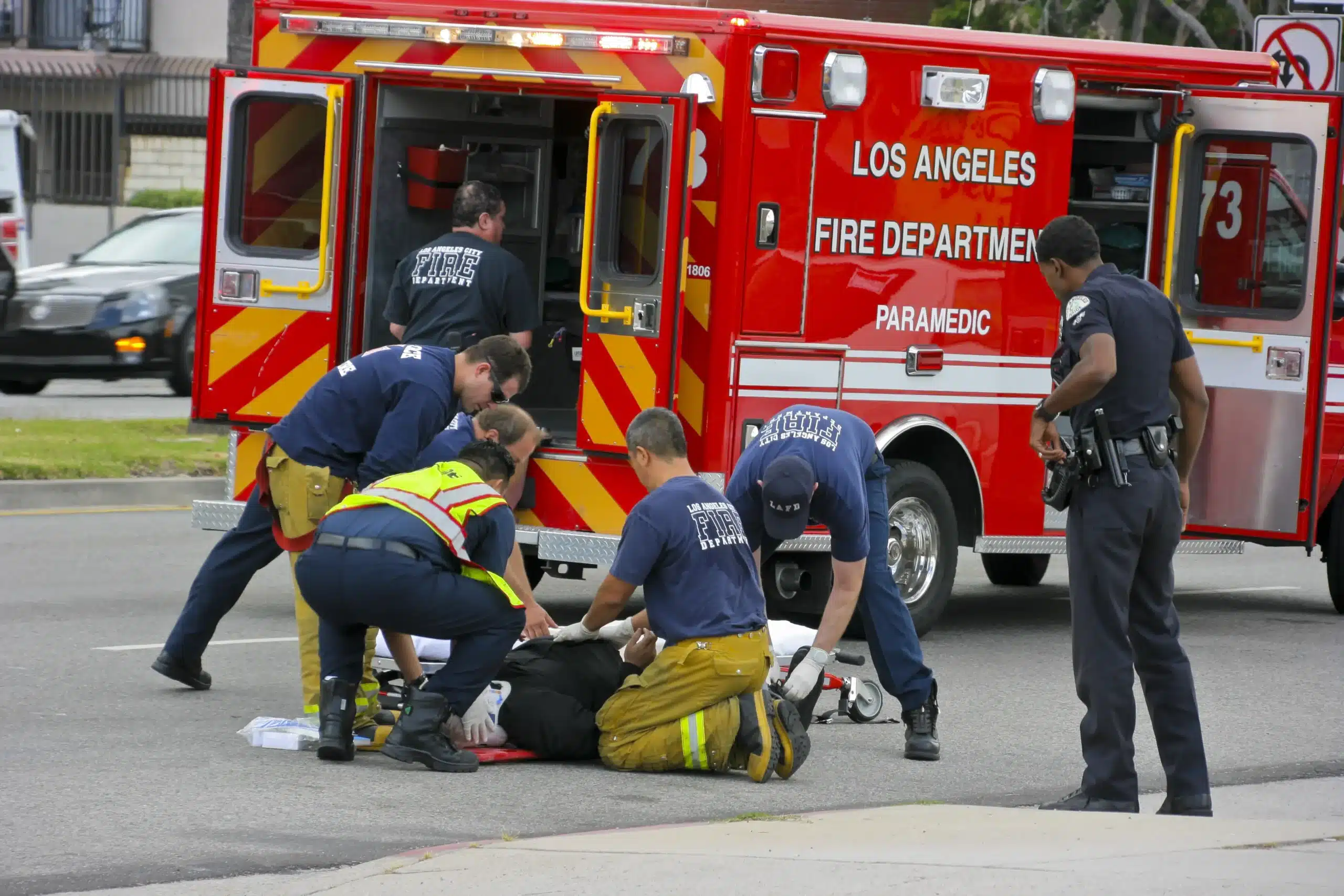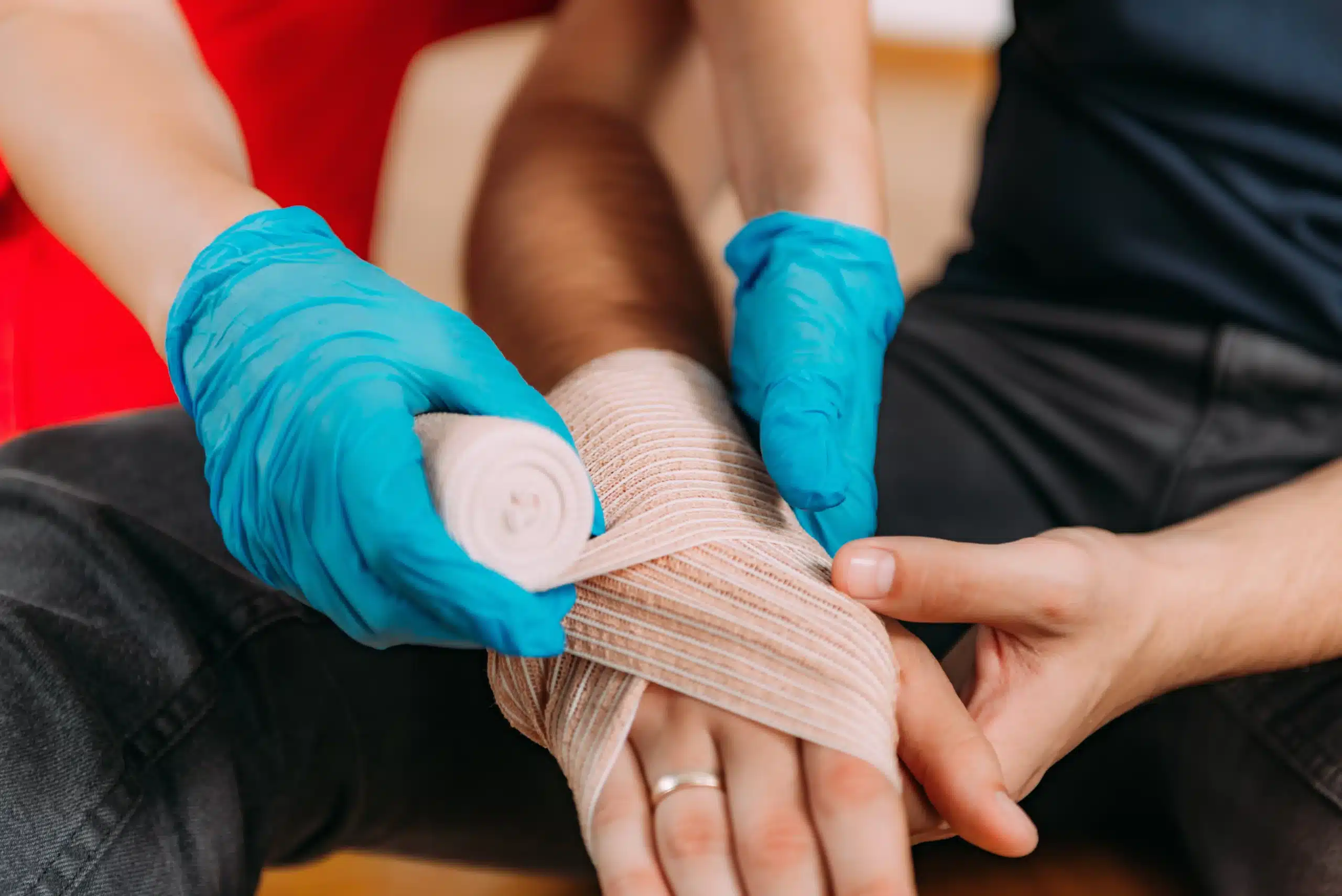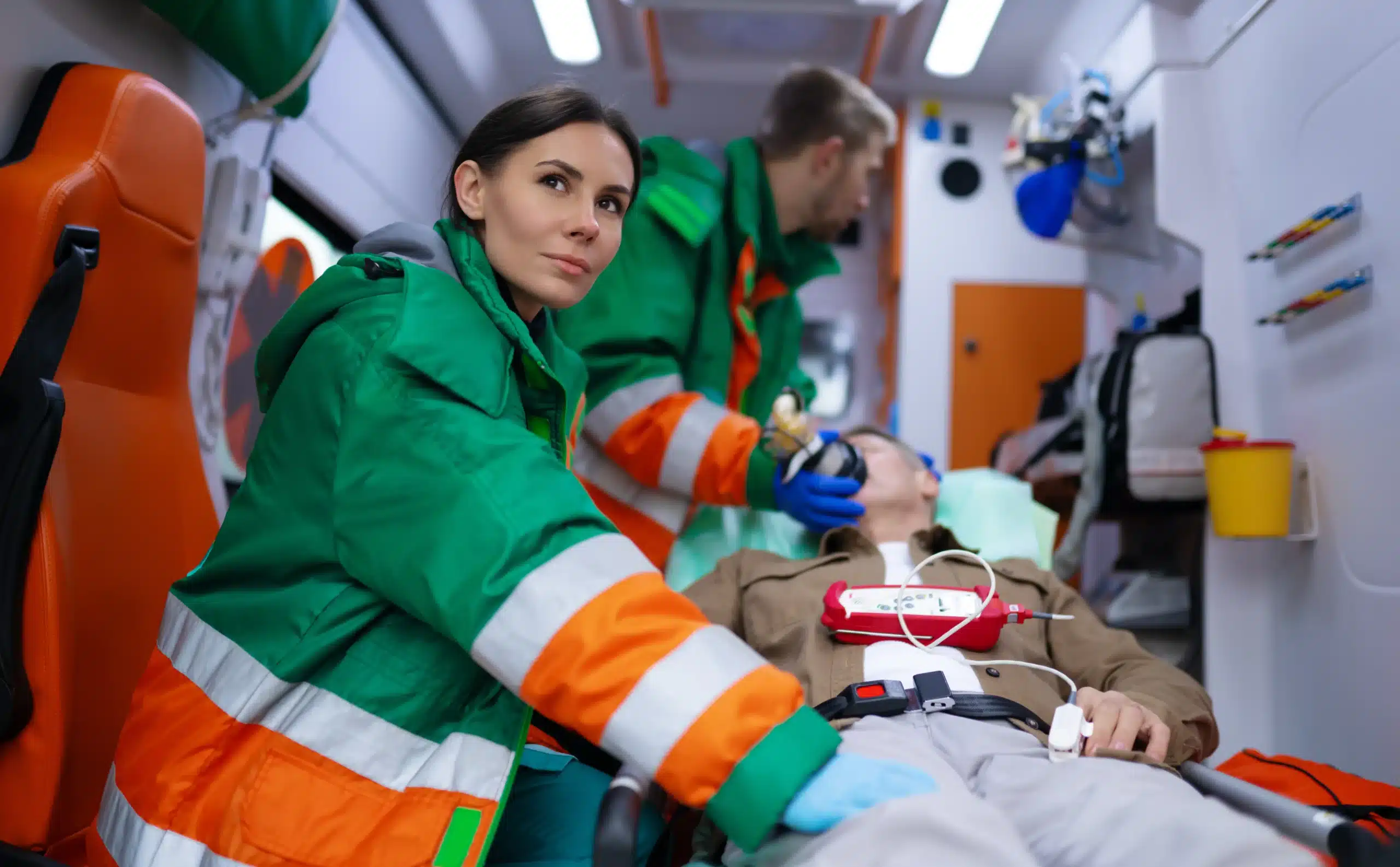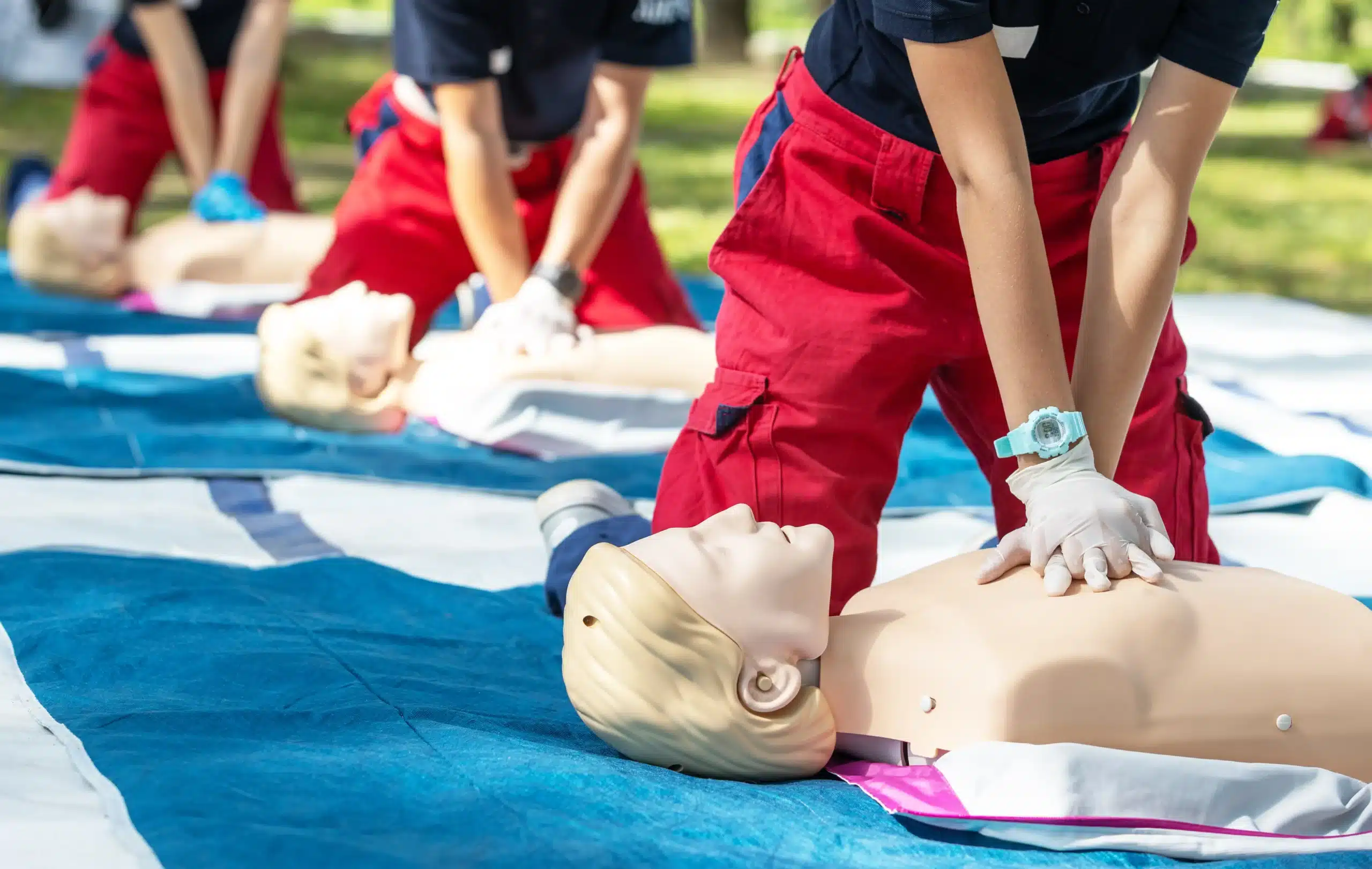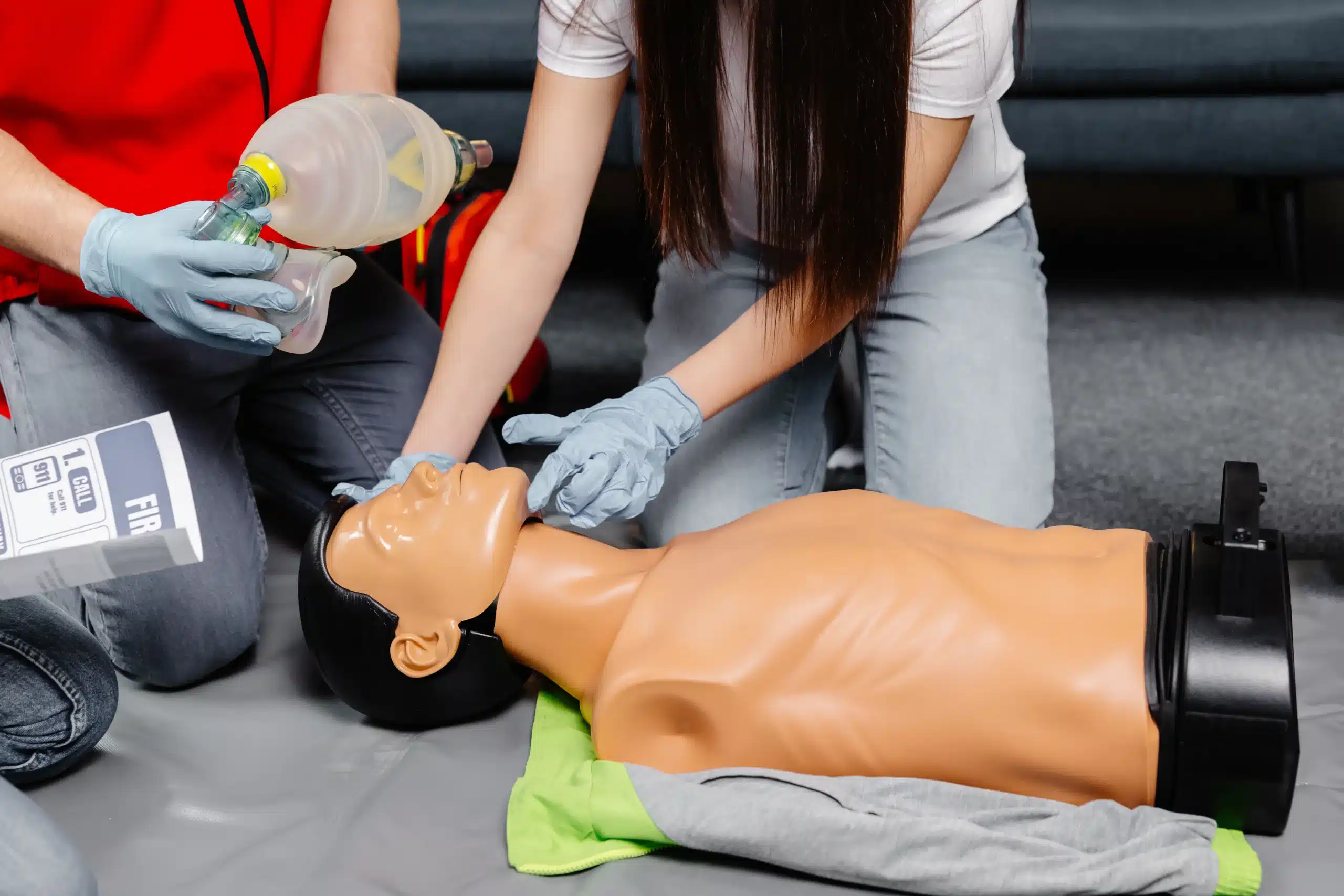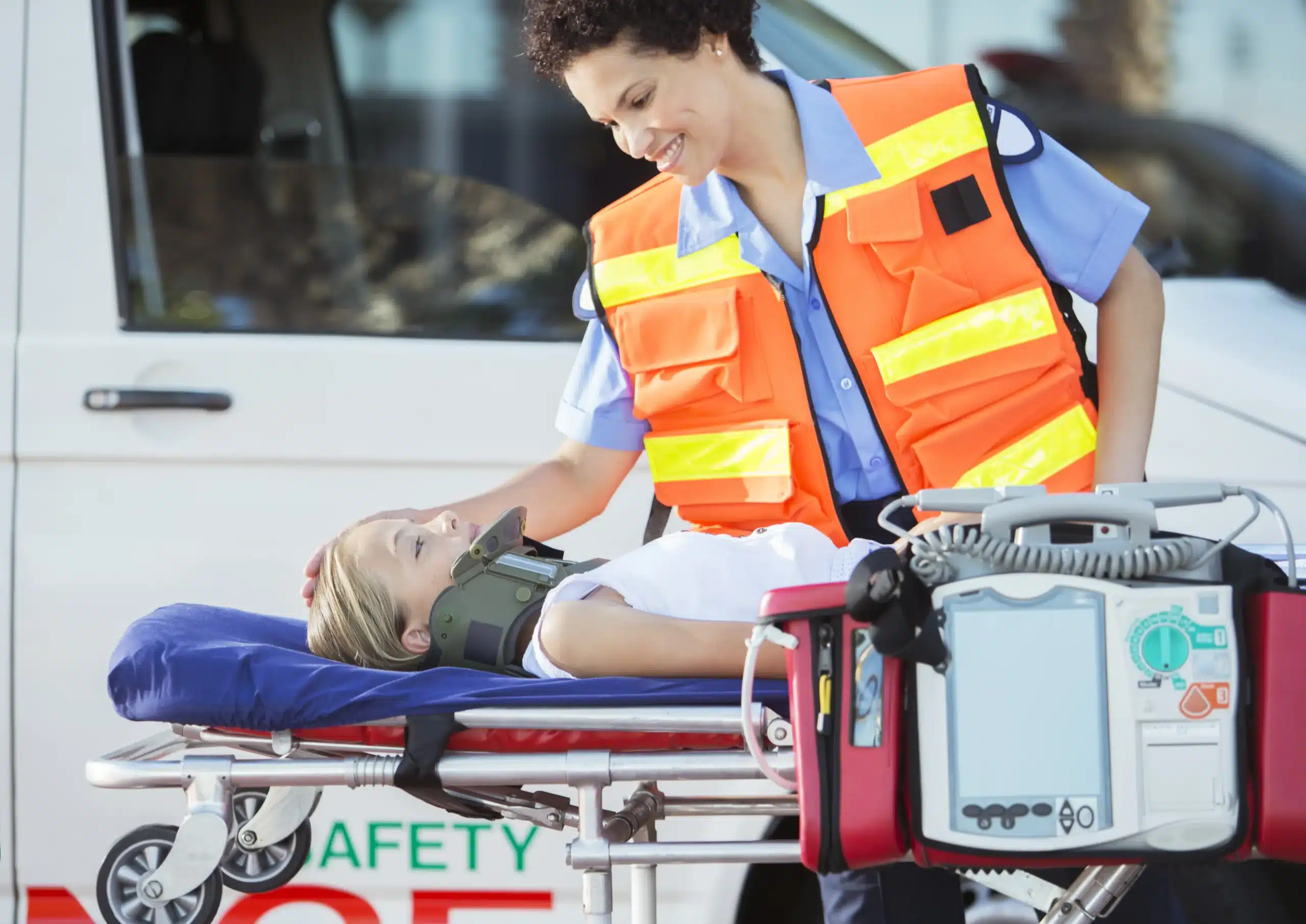Surviving a cardiac arrest is a life-changing event, but the recovery process goes far beyond physical rehabilitation. For CPR survivors, the psychological aftermath often proves equally—if not more—challenging. Fear, anxiety, and even depression can linger for weeks, months, or longer, posing significant obstacles to living fully and healthily. Understanding and addressing these emotional repercussions is critical for long-term recovery.
This comprehensive guide explores the psychological impact of surviving CPR, offers coping strategies for both survivors and families, and highlights why psychological recovery is essential. Most importantly, it provides actionable advice for finding the support needed to heal.
Understanding the Psychological Impact of CPR
Undergoing CPR and surviving cardiac arrest is a harrowing experience that places immense strain on the mind. Survivors frequently report a whirlwind of emotions and long-lasting changes to their mental well-being.
Immediate Emotional Responses
The immediate aftermath of CPR can be described as mentally chaotic. Many survivors experience fear, confusion, and anxiety due to the trauma of a near-death experience. The body’s heightened stress response—adrenaline surge, accelerated heart rate—might linger well after resuscitation, leaving survivors in a state of heightened alertness.
For some, this evolves into Acute Stress Disorder (ASD), characterized by intrusive flashbacks, nightmares, or hypervigilance. These symptoms can impair daily functioning, making it difficult to return to normal activities.
Long-Term Effects on Mental Health
Over time, the psychological toll of a cardiac arrest can manifest in deeper, more persistent ways:
- Post-Traumatic Stress Disorder (PTSD): Studies published in the Resuscitation Journal show PTSD affects 19–27% of cardiac arrest survivors. PTSD often involves reliving the traumatic event, avoiding memories of it, or experiencing heightened emotional responses.
- Depression: Ranging from 14–45% in survivors, depression is another prevalent mental health challenge. It may stem from physical limitations during recovery or feelings of loss.
- Survivor’s Guilt: Feeling unworthy of surviving when others might not have been so fortunate is another common yet overlooked experience.
Beyond these clinical diagnoses, survivors frequently report significant adjustments to their worldview. Facing mortality head-on can provoke deep reflection, leading to existential questions about life’s purpose.
Prevalence of Mental Health Issues in CPR Survivors
Surprisingly, statistics vary widely, underscoring the need for focused research. Anxiety plagues as many as 13–61% of survivors, while depression and PTSD are widespread but inconsistently measured. Variability stems from differences in study methodologies, settings, and timing since cardiac arrest. However, the aggregate data is clear—psychological recovery must become a priority in post-resuscitation care.
Coping Strategies for Survivors and Families
Trauma recovery doesn’t require survivors to “tough it out” alone; it’s a process requiring practical strategies, emotional support, and professional interventions.
Mindfulness-Based Techniques
Practicing mindfulness can help calm a busy mind overwhelmed by stress. Techniques like meditation, deep breathing, and journaling promote emotional resilience.
Simple takeaways to start:
- Try box breathing (4 seconds in, 4 holding, 4 out, 4 holding). This reduces anxiety instantly.
- Keep a journal. Writing about fears or gratitude provides clarity and relief.
- Consider yoga. Gentle movement alongside breathwork helps stabilize emotions.
Support Networks
The healing power of community can’t be overstated. Surrounding oneself with empathetic family, friends, and other survivors fosters resilience.
Some steps to take:
- Seek survivor-specific groups like forums hosted by organizations such as the American Heart Association (AHA). Shared experiences create solidarity.
- Encourage family members to stay involved. Their compassion is a grounding force in overwhelming moments.
Lifestyle Adjustments
Holistic healing often involves adopting healthier habits to nurture both mind and body:
- Maintain regular physical activity (as recommended by a physician). Light exercise releases endorphins to counter depression.
- Focus on balanced nutrition. Foods rich in omega-3 fatty acids support cognitive health.
- Prioritize quality sleep. Setting a bedtime routine helps regulate physical and emotional health.
Creating daily routines adds structure to life’s uncertainties, restoring a sense of control.
Seeking Professional Help
Some challenges demand expert guidance. Survivors grappling with PTSD, depression, or anxiety should seek therapy tailored to their needs.
Key approaches include:
- Cognitive Behavioral Therapy (CBT): A proven method to address negative thought patterns and develop coping mechanisms.
- Eye Movement Desensitization and Reprocessing (EMDR): Effective in reducing trauma symptoms by helping survivors reprocess distressing memories.
Choosing the right professional involves asking these questions:
- Does the therapist specialize in trauma-focused care or health-related stress?
- Are they qualified in evidence-based interventions like CBT or EMDR?
- Is their approach aligned with my values or needs?
Local community clinics or directories such as Psychology Today can streamline the search for supportive professionals.
Why Psychological Recovery is Essential
Failing to address emotional recovery risks not only mental but also physical health complications. Chronic stress can exacerbate existing heart conditions or impair overall healing. By prioritizing mental health, survivors reduce their stress load, which benefits their cardiovascular system and overall well-being.
Psychological recovery also strengthens social bonds. When survivors find emotional balance, they are better equipped to reconnect with loved ones and rebuild their routine.
Finally, healing the mind enables survivors to approach life with newfound purpose. Many discover resilience they didn’t know they had—creating opportunities for personal growth.
How You Can Support Psychological Recovery
Whether you’re a CPR survivor, healthcare professional, or concerned employer, there are immediate actions you can take:
- Learn CPR: Gaining CPR certification isn’t just a practical skill—it saves lives and gives survivors peace of mind knowing their community is equipped to help. Consider courses like CPR and First Aid, BLS, PALS, or ACLS, provided by trusted organizations such as Safety Training Seminars.
- Empower Healthcare Teams: Hospitals and organizations should ensure access to psychological screenings for cardiac arrest survivors. Training teams to recognize mental health challenges is crucial.
- Spread Awareness: Share this guide with others who might benefit. Together, we can make emotional recovery for CPR survivors less daunting.
The Road to Recovery is Within Reach
Recovering from cardiac arrest isn’t just about physical rehabilitation—it’s an emotional and mental process requiring patience, courage, and support. Armed with practical mindfulness techniques, accessible support networks, and professional intervention, survivors can confidently take that pivotal next step.
If you’re navigating this road yourself, know that every small effort counts. Psychological recovery may take time, but with persistence, healing is achievable. For those lucky enough to avoid these experiences, consider CPR training—not just to save a life, but to offer survivors the chance to thrive after.
Every heartbeat matters. Take action today to heal, help, or empower others.

